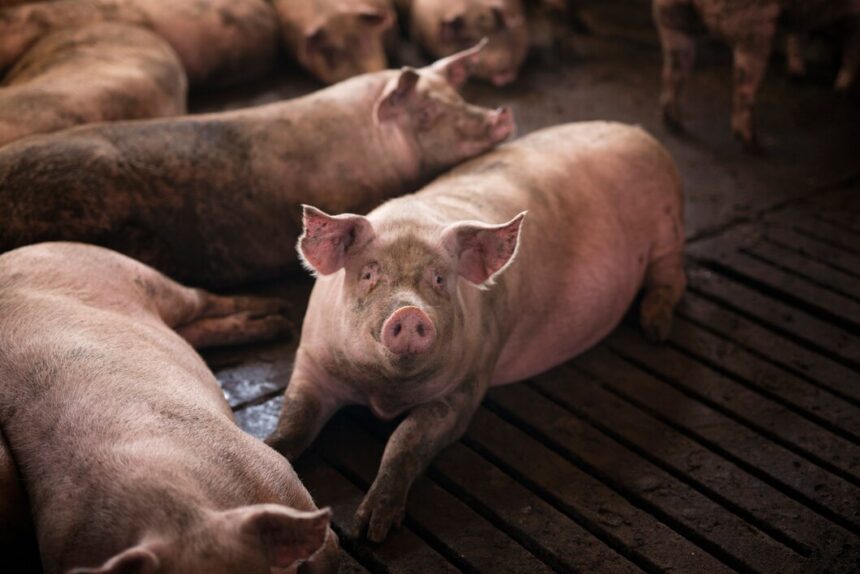Pig farming in South Africa is a dynamic and rewarding endeavor that has seen significant growth in recent years. Whether you’re a seasoned farmer or considering entering the swine industry, understanding key aspects of breeding and farming pigs is essential for success. In this article, we’ll explore ten crucial elements to know about pig farming in the South African context.
1. Breeds Suitable for South Africa:
Selecting the right pig breed is paramount to successful farming. Popular breeds in South Africa include the Large White, Landrace, and Duroc. Consider factors such as adaptability to local conditions, growth rates, and meat quality when choosing a breed.
2. Housing and Environment:
Providing proper housing and a conducive environment is crucial for pig welfare and productivity. Well-ventilated and clean pens with adequate space contribute to the health and growth of the pigs. Considerations such as temperature control and protection from the elements are essential.
3. Nutrition and Feeding:
A well-balanced diet is fundamental for pig growth and reproduction. Understanding the nutritional needs of pigs at different stages is essential. Local feed suppliers can provide tailored feed options suitable for South African conditions.
4. Disease Prevention and Management:
Pigs are susceptible to various diseases, making disease prevention and management a top priority. Implementing biosecurity measures, regular vaccinations, and consulting with a veterinarian are essential components of a comprehensive health plan.
5. Breeding Practices:
Understanding the reproductive cycle of pigs is vital for successful breeding. Whether natural breeding or artificial insemination is employed, knowledge of estrus cycles, gestation periods, and farrowing processes is crucial. Regular monitoring and timely interventions contribute to a successful breeding program.
6. Weaning and Growth Phases:
Proper management during the weaning phase is crucial for piglet health. Attention to nutrition, temperature control, and disease prevention are key considerations. Monitoring growth rates and adjusting feeding practices during the different growth phases contribute to optimal pig development.
7. Waste Management and Environmental Impact:
Efficient waste management is vital for sustainable pig farming. Proper disposal of manure and wastewater minimizes environmental impact and prevents contamination. Implementing eco-friendly practices contributes to responsible and ethical pig farming.
8. Legal Compliance:
Adhering to legal and regulatory requirements is crucial in the South African pig farming industry. Familiarize yourself with local animal welfare laws, licensing regulations, and any specific guidelines related to pig farming in your region.
9. Market Considerations:
Understanding the market for pork products in South Africa is essential for commercial pig farmers. Stay informed about market trends, consumer preferences, and price fluctuations. Networking within the swine industry and attending industry events can provide valuable insights.
10. Record Keeping and Data Analysis:
Maintaining accurate records of breeding, health, and production data is a valuable practice in pig farming. Regularly analyzing this data helps identify trends, track performance, and make informed decisions for the overall improvement of the pig farming operation.
Embarking on pig farming in South Africa requires a combination of knowledge, dedication, and a commitment to best practices. Whether you’re starting a small-scale operation or expanding an existing farm, staying informed about breed selection, health management, environmental impact, and market dynamics is crucial. By embracing these key elements, pig farmers in South Africa can sow the seeds of success in a thriving and evolving industry.
Join 'Farmers Mag' WhatsApp Channel
Get the latest Farming news and tips delivered straight to your WhatsApp
CLICK HERE TO JOIN






